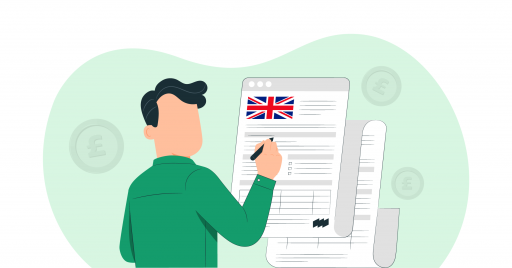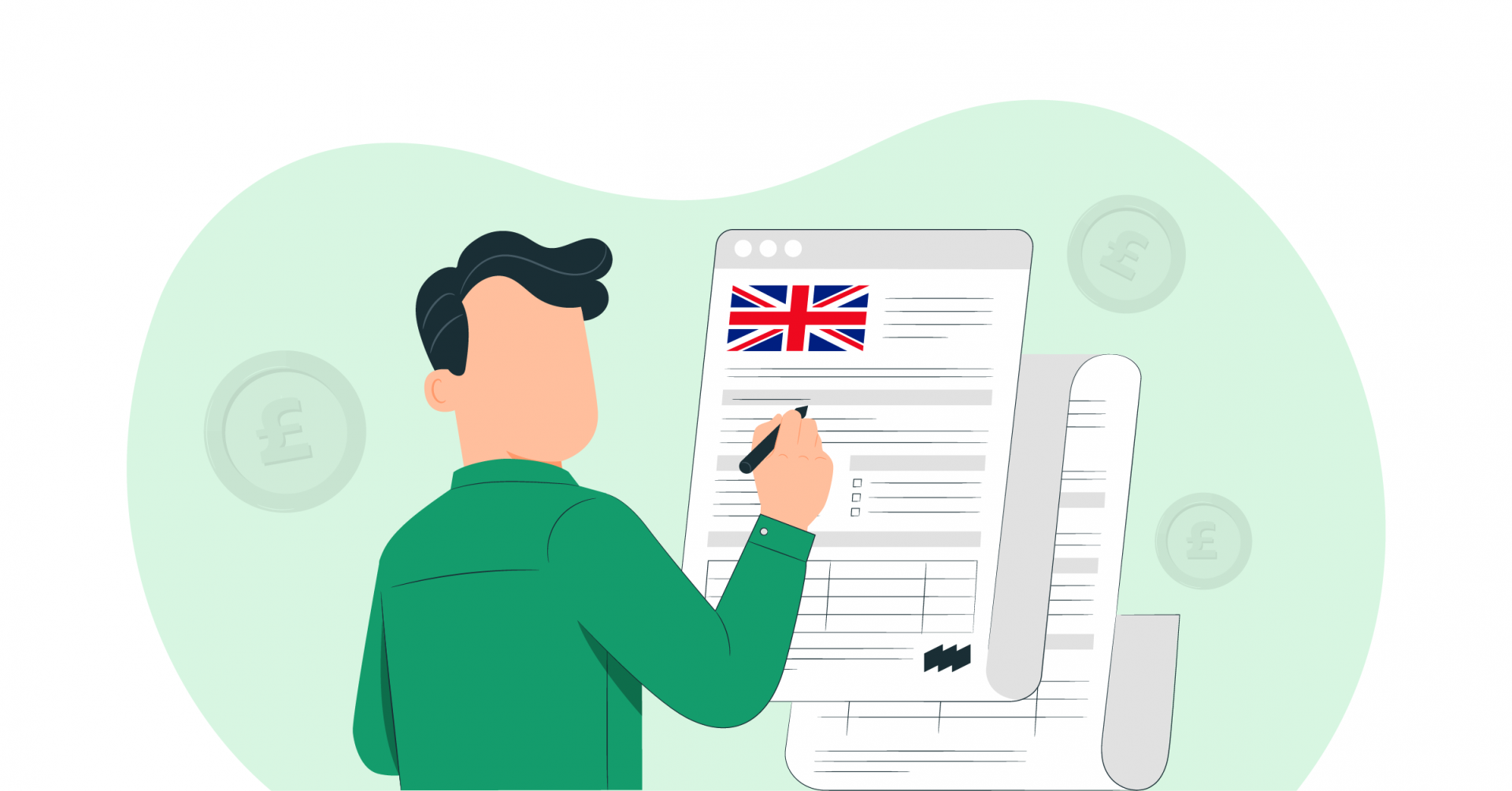When starting a new business, owners often assume that it’s mandatory to get registered for VAT (Value-added tax). VAT registration is a kind of grown-up thing to do as a business owner. It makes your business appear more stable, credible, and professional in the marketplace. But does VAT registration vital for the business you are running? In this article, we will discuss whether or not your company needs to be VAT registered along with other related aspects.
What does VAT stand for?
VAT stands for value-added tax, which is one of the important terms you need to understand as a business owner. The VAT registration threshold for businesses in the UK stands at £85,000. If the turnover of your business exceeds this threshold, you are entitled to VAT registration. Failing to register for VAT within 30 days will impose a fine and penalty.
VAT is charged on the following things:
- Goods and services
- Hiring a product
- Leasing goods to someone
- Commission you charged on services or goods
- Business goods you used for personal reasons
- Non-sales activities like bartering or gifting
- Money you make by selling business assets
- Items sold to employees such as meals and beverages
What is the VAT rate in the UK?
Three different VAT rates apply to products. The rate of VAT that applies to your product depends on the types of goods and services and how they are used. The standard rate of 20% VAT is chargeable on most goods and services. Businesses can charge 20% VAT if the goods or services they offer are classified as zero-rated. Examples of zero-rated items include:
- Books and newspapers
- Motorcycle helmets
- Kids’ clothes and footwear
- Most goods that you export from England, Scotland (Great Britain), and Wales
- Most goods that a business exports from North Ireland to outside EU and UK location
- Goods that a business supplies from North Ireland to a VAT-registered EU entity
VAT rates are subject to certain conditions and several VAT rules apply to certain trades. These VAT rules affect how the business account for VAT, how much rate is chargeable, and how much VAT refund you can claim. The VAT rate varies for goods and services based on different categories. These categories include:
- Food and drinks, plants and seeds, animal feed
- Sports, leisure, culture, and antiques
- Power, utilities, energy, and energy saving
- Transport, freight, travel, and vehicles
- Health, education, welfare, and charities
- Printing, publication, and postage
- Building and construction, land and property
- Financial services, insurance, and investment
- Clothing, footwear, protective and safety equipment
Do I need to be VAT registered?
In the UK, VAT registration is compulsory for all types of business entities, including sole traders and limited companies when they meet any one of the following criteria.
- If your annual business turnover is more than £85,000 as per the VAT registration threshold,
- If your VAT-taxable turnover is likely to exceed the £85,000 threshold in the time frame of the next 30 days,
- If you are running a business from outside UK but supply services and goods within the UK,
- If your business has purchased more than £85,000 worth of products or goods from a European Union VAT-registered supplier.
You can also opt for voluntary VAT registration if you want. This option is worth considering as it gives start-ups and small businesses numerous financial and professional benefits.
If you are new to the term taxable turnover, it is the amount of revenue a business makes from selling its goods and services. Taxable turnover is different from taxable profit as the latter is the additional income that is left after deducting the operational costs and other business expenses from the overall income.
What are the benefits of VAT registration?
VAT registration comes with many advantages.
- You can charge VAT on the goods or services you sell in the UK. These taxes are known as output taxes.
- You can prepare and share VAT invoices with your customers and clients.
- When you display VAT number on your invoices, letterheads, and website, you are likely to attract large business firms and enterprises, which will allow you to earn more revenue.
- You become eligible to reclaim VAT you have paid on goods and services that you have purchased from other businesses. These taxes are referred to as input taxes.
- Your business will earn more credibility and appear more stable which gives you a competitive advantage in the marketplace when dealing with VAT-registered businesses.
- Your business can opt for VAT refunds when you sell zero-rated goods or services and purchase standard-rated services or products.
When should I register for VAT?
When your taxable turnover exceeds £85,000, you become eligible to register for VAT. If you are likely to reach this threshold in the next 30 days, you must apply for VAT registration. In most cases, it is more practical to apply online. If you are planning to apply for VAT registration online, here’s the list of documents you must keep handy:
- Your business bank account details,
- Your company name and registered address,
- Your unique tax reference number which is the ten-digit code sent to you when you register to pay corporation tax,
- Details of any associated businesses you have in the last two years.
After your VAT registration application is approved, you will receive your VAT registration certificate at the registered email address. The certificate includes the effective date of registration. It also mentions the date you need to file your first VAT return and the mode of payment.
Start your UK business & register for VAT with Workhy
If you are looking to start a business in the UK, but the tax structure appears complicated to you, contact Workhy. Our team offers expert company formation services for entrepreneurs from all over the world to establish their businesses online without having to travel to the UK. Starting a business involves many complex processes such as registering an office address, opening a bank account, filing taxes, registering and filing VAT, and more. So, if you don’t want to bother yourself with paperwork, get in touch with Workhy and start your company formation process online.







